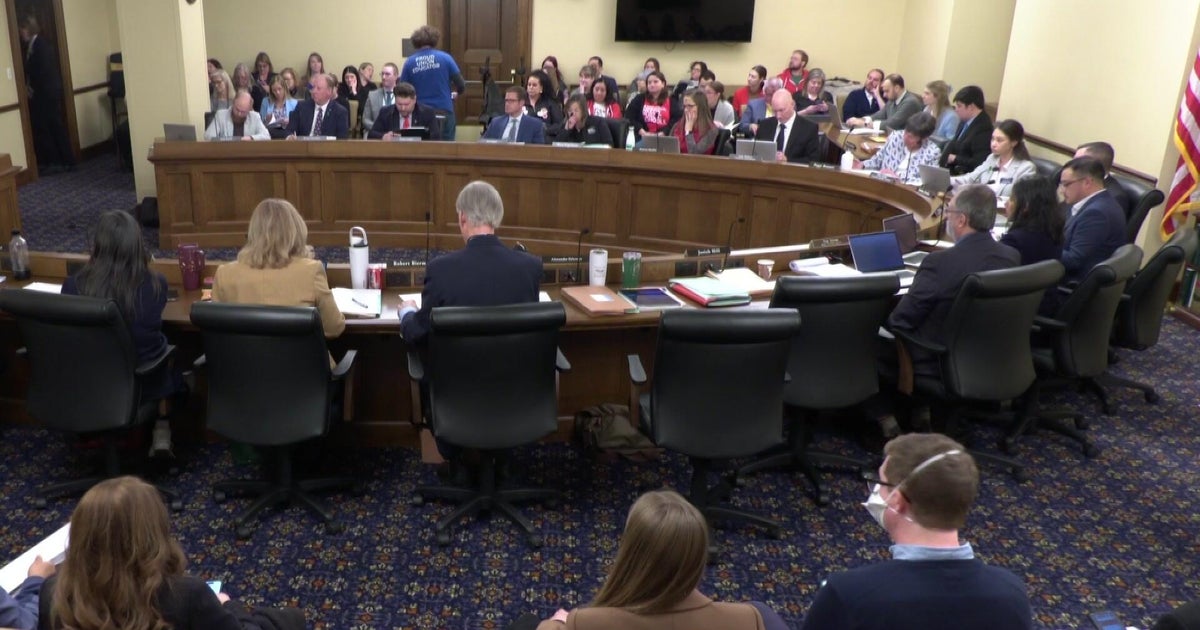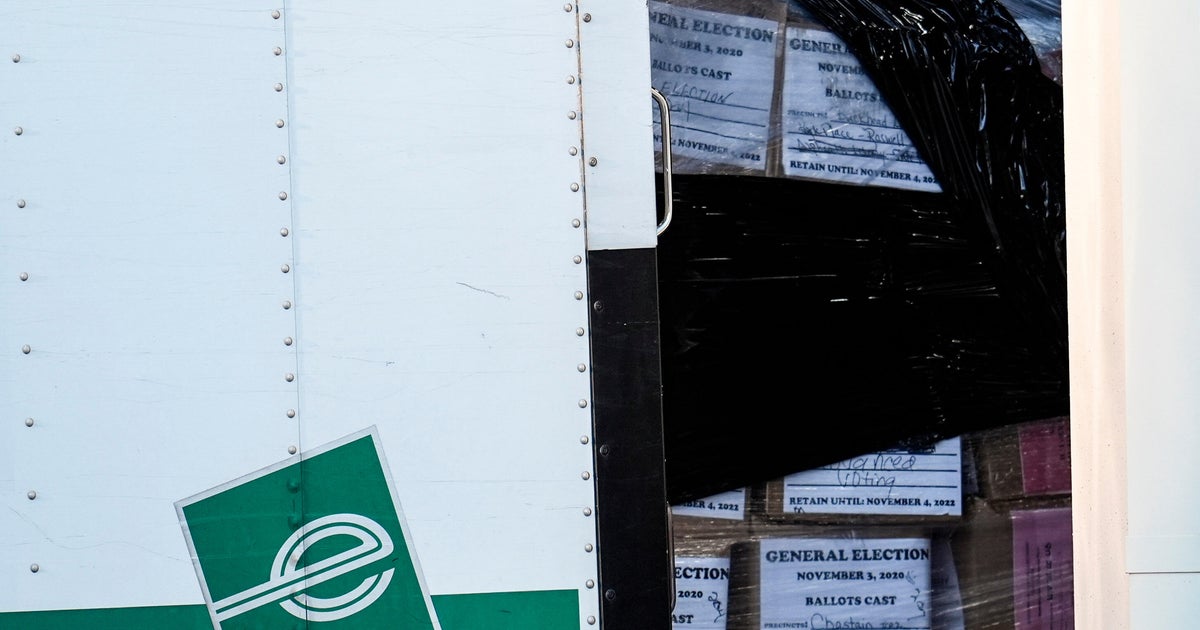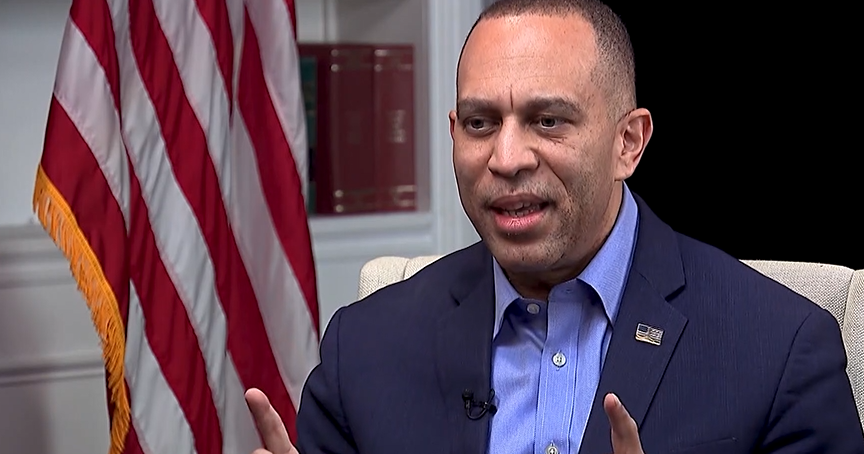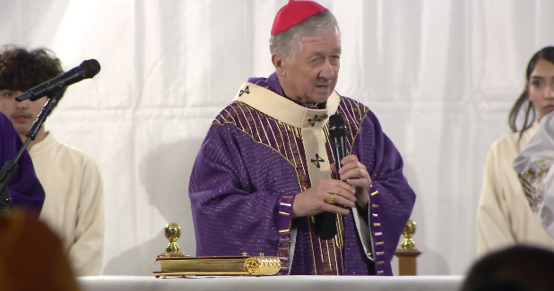Federal Mediator Making Impact On BART Contract Talks
OAKLAND (KPIX 5) - A federal mediator brought in to Bay Area Rapid Transit contracts talks seems to be having the effect of smoothing over roadblocks to a possible agreement, according to sources close to the talks.
Throughout the BART contract negotiations, reporters have focused on the terms of the agreements such as how much of a raise will workers get or how will benefits be altered. But it's more complicated than that. The union reps seem obsessed with the way they are being treated inside the meetings. They insist that they are constantly being disrespected by management reps.
Enter the federal mediator, George Cohen. I was outside the Caltrans building until 1:15 am Tuesday morning. Neither side was telling us much, but union rank-and-file reps who were at the table indicated there was a dramatic change of tone the moment Cohen entered the room.
As they individually walked out of the building, I asked them, "Is this (federal mediator) making much of a difference?" Each time, the answers were in the affirmative, ranging from "absolutely" to vigorous nods.
What's Cohen's secret? He has credibility as a union background. He has served as lawyer for professional baseball, hockey and basketball unions; all of whom have had contentious and high-profile issues in the past.
Cohen is Director of the Federal Mediation and Conciliation Service, appointed by President Obama on October 8, 2009.
In just the last 4 years, he has mediated union disputes between athletes and owners in the NFL, NBA, and Major League Soccer; and even helped settled disputes between symphony musicians and the Metropolitan Opera.
He runs a program encouraging the labor-management community to establish committees dedicated to problem solving.
From 1966 to 2005 he was a lawyer who worked for a firm that represented unions; during which time he argued five landmark labor cases before the United States Supreme Court.
His mode of operation in these meetings: first is to demand silence - no leaks, no public complaining or slinging mud at either side.
Robert Batterman, a New York lawyer who represented the NFL in contentious talks back in 2010 told me that Cohen starts out with a very strong hand as the President's appointee on labor negotiations.
"Cohen is very smart, so he can learn the issues very very quickly," said Batterman. "He's imaginative. He can think up and develop compromises that the parties may not have considered. As a long time union lawyer, he knows the process of collective bargaining ... so he knows how to deal with people and he knows how to get the parties to see the other side's point of view."
Batterman said Cohen recognizes the negotiating process is emotional, so he does what he can to take the emotion out of the room.
"He's a trustworthy individual," Batterman said. "Cohen has a long history of being a straight-shooter. His job is to get a settlement ... he will try to point out to each side where they may be being unreasonable."
It's worth noting that when management lays down their so-called "best and final offer" as BART has done, it usually means that's it. No more negotiations. Take it or leave it. But after Cohen came in last night, two of the union reps told me that's not the case anymore. There is still some back-and-forth and management is responding to the unions' counter-offer.
(Copyright 2013 by CBS San Francisco. All Rights Reserved. This material may not be published, broadcast, rewritten, or redistributed.)







